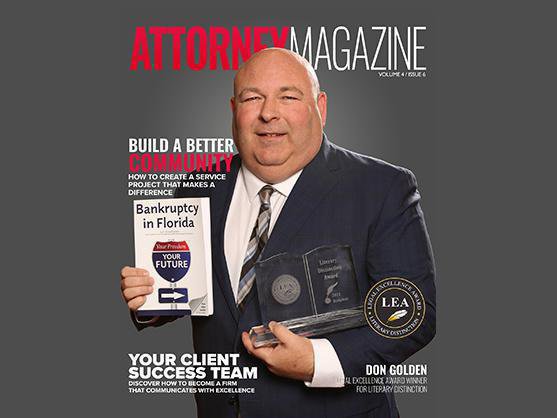“Struggling with Unmanageable Student Loan Debt? We’re Here to Help!”
Are you drowning in a sea of student loan debt? Have you heard that student loan debt is not dischargeable in bankruptcy? Well the rules have recently changed, making it possible for a lot more people to discharge student loan debt in bankruptcy. Finally, there may be hope! Our expert bankruptcy law firm specializes in helping clients like you find relief from overwhelming student loan debt and regain control of their financial future.
Why Choose Our Bankruptcy Law Firm?
- Experience and Expertise: With years of experience in navigating the complexities of bankruptcy law, our team understands the nuances of student loan debt discharge and will work tirelessly to find the best possible solution for your unique situation.
- Tailored Solutions: We recognize that each individual’s financial circumstances are different. That’s why we provide customized solutions to address your specific student loan debt challenges.
- Legal Updates: Staying up-to-date with the latest legal changes is crucial. Our attorneys are well-versed in the most recent amendments and can help you understand how they may affect your ability to discharge your student loans.
- Compassionate Support: We understand that facing overwhelming debt can be emotionally taxing. Our compassionate team is here to provide you with guidance, support, and peace of mind every step of the way.
Our Services:
- Student Loan Bankruptcy Evaluation: We’ll thoroughly assess your financial situation to determine the best course of action for you. Our goal is to explore every option available to help you manage or discharge your student loan debt effectively.
- Chapter 7 and Chapter 13 Bankruptcy: We’ll guide you through the Chapter 7 and Chapter 13 bankruptcy processes, explaining the pros and cons of each in relation to your student loans. Together, we’ll develop a strategy that aligns with your financial goals.
- Legal Advocacy: Our team will represent you in court, fighting for your rights and working to secure the best possible outcome for your case.
Your Financial Freedom is Our Priority!
We understand the frustration and stress that comes with unmanageable student loan debt, especially in the face of changing regulations. That’s why we’re committed to helping you regain control of your finances. Our bankruptcy law firm is dedicated to providing personalized solutions and expert guidance to help you achieve the best possible outcome.
Don’t let student loan debt hold you back any longer. Contact us today to schedule a consultation, and let us help you pave the way to a brighter financial future. Together, we’ll find a path to financial freedom.


